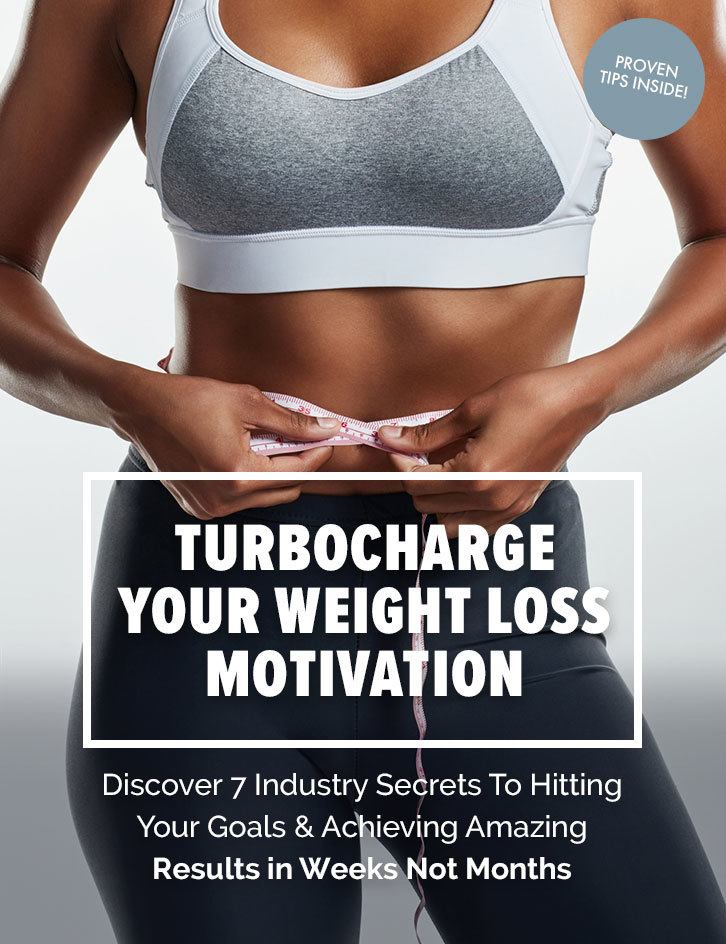Red Deer Personal Trainer tells all about how to check if your grub is healthy or not….
Don’t be fooled into thinking these foods are healthy. Let’s get to the bottom of some of these so-called super foods shall we?
Grocery store shelves are lined with foods promising all kinds of health perks. “Low in fat,” “low in sodium,” “no high fructose corn syrup,” or “excellent source of vitamins and minerals” are just a few gimmicks used by the food industry to make you believe a food is healthy. People who don’t know any better are deceived by the advertising found on packaging and are led to eat empty calories, too many calories, or the wrong kinds of calories.
A big part of losing weight and getting healthy is learning the difference between what’s healthy and what’s not. Once you have this information, you can choose wisely. Here are a few foods that are frequently mistaken for being good for you.
Instant Oatmeal
Isn’t oatmeal one of the healthiest options for breakfast? Yes, when you’re eating regular-rolled or steel-cut oats with minimal sweeteners added. But many of the flavored instant oatmeal options contain added sugar and sodium and lack fiber and protein. A bowl of these refined carbs will leave your stomach growling long before lunchtime. Make your own oatmeal or look for an instant variety with a primary ingredient of whole oats or steel cut oats. You’ll also want oatmeal without sugar on the ingredient list or near the end and go for oatmeal that contains a minimum of five grams of protein and four grams of fiber per serving.
Snacks Made with Regular Yogurt
Yogurt contains calcium, probiotics, and protein so it’s good for you, right? Unfortunately, when it’s covering snack foods like pretzels, raisins, or nuts, it’s likely not the healthiest varieties of yogurt. Though advertised as yogurt based, this white or brown coating is typically made of sugars and partially hydrogenated oils with a little yogurt powder thrown in. No longer healthy, these snacks are high in sugar and fat. Looking for the nutritious goodness offered by yogurt? Eat a cup of Greek yogurt or cottage cheese sprinkled with fruit or nuts.
Energy Bars
You need protein, fiber, and carbs for energy, so what’s so bad about an energy or protein bar? Well, in most cases they’re just candy bars with a few healthy ingredients thrown in. Many energy bars are low protein (and bad forms of protein at that) and contain as much fat and sugar as a Snickers bar. Do some homework on protein bar or energy bar brands in advance and look for good quality protein sources, fruit, nuts and little to no fillers. If you’re looking for a nutritious way to fill up on protein and fiber, why not eat some cheese and fruit or heck make you own protein bars. If you like the convenience of a bar, look for one that contains fewer than 250 calories and is made with nuts, seeds, or dried fruit and contains whey protein, pea protein or hemp protein.
Pre-Made Smoothies
Filled with fruits and vegetables, what could be unhealthy about a smoothie? When made by yourself, you know what’s going into your smoothie, but store-bought smoothies may contain as many calories as three glazed donuts due to their large size and the added sugars and syrups. Besides, any smoothie that has sat in a fridge for 7 to 14 days will require lots of stabilizers and additives.
Muffins
Bran, blueberry, or banana—what’s your choice? Muffins may seem like a good option when they’re made with whole grains and fruit, but what you’re prone to forget is they also contain sugars and oils that quickly drive up the calorie count and “unhealthy” factor. Choose a jumbo size and the calorie count goes through the roof.
Couscous
It sounds like an exotic whole grain that’s filled with fiber and nutritious goodness, but couscous is nothing more than tiny bits of refined grain pasta. I know, I know…buzz kill. While conservative amounts of grains are totally good for you and can be full of nutrition…don’t get into the thought process that couscous is that much better than a slice of bread. Look for whole-wheat couscous or choose quinoa instead and you’ll be on the right track.
Breakfast Cereal
They may not contain high fructose corn syrup, preservatives, or artificial colors, but many breakfast cereals score low on the healthy food scale. Often made with refined grains and added sugars, it can be hard finding a cereal that’s both healthy and tasty. Make sure some sort of whole grain is the first ingredient listed and the cereal contains more than three grams of fiber, less than 240 milligrams of sodium, and less than seven grams of sugar per serving.
Bonus Tip: Target Marketing
The most unhealthy cereals and foods are generally those marketed to children. High in sugar, made with refined grains, and full of artificial colors and flavors, the boxes have cartoon characters to attract kids’ attention.
There you have it! If you have any questions about any of this please reach out to our Red Deer personal trainer team at reddeer.360fitness.ca or phone us at 403 347 1707.


